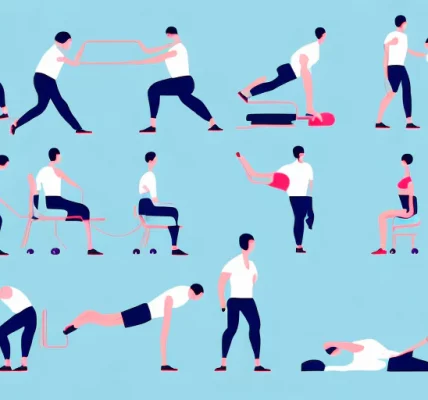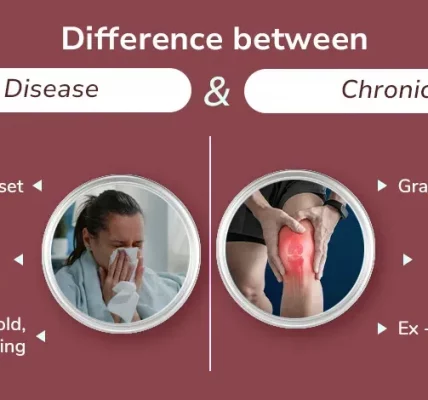Post-traumatic stress disorder (PTSD) is a mental health condition that can develop after experiencing or witnessing a traumatic1 event. It’s characterized by intrusive thoughts, flashbacks, nightmares, and hypervigilance. If you or someone you know is struggling with PTSD, here are some ways to provide support:
Understanding PTSD
- Educate Yourself: Learn about the symptoms and causes of PTSD.
- Be Patient and Supportive: Understand that recovery takes time.
- Avoid Judgment: Don’t minimize their experiences or dismiss their feelings.
How to Support Someone with PTSD
- Listen Actively: Create a safe space for them to share their experiences without judgment.
- Offer Practical Support: Help with daily tasks or errands, if needed.
- Encourage Professional Help: Encourage them to seek therapy or counseling.
- Avoid Pressuring Them: Don’t force them to talk about their trauma if they’re not ready.
- Be Patient and Understanding: Recovery takes time.
- Set Realistic Expectations: Avoid expecting immediate improvement.
- Take Care of Yourself: Prioritize your own mental health.
Self-Care for Individuals with PTSD
- Seek Professional Help: Therapy can provide valuable tools for coping with PTSD.
- Practice Self-Compassion: Be kind to yourself and avoid self-blame.
- Develop Healthy Coping Mechanisms: Engage in activities like meditation, yoga, or exercise.
- Build a Support Network: Connect with loved ones and support groups.
- Limit Stressors: Manage stress levels and avoid overwhelming situations.
- Take Care of Your Physical Health: Prioritize sleep, nutrition, and exercise.
Remember, recovery from PTSD is a journey, not a destination. By understanding the condition, providing support, and seeking professional help, individuals with PTSD can heal and rebuild their lives.
Would you like to know more about specific treatment options for PTSD, such as medication or therapy?




